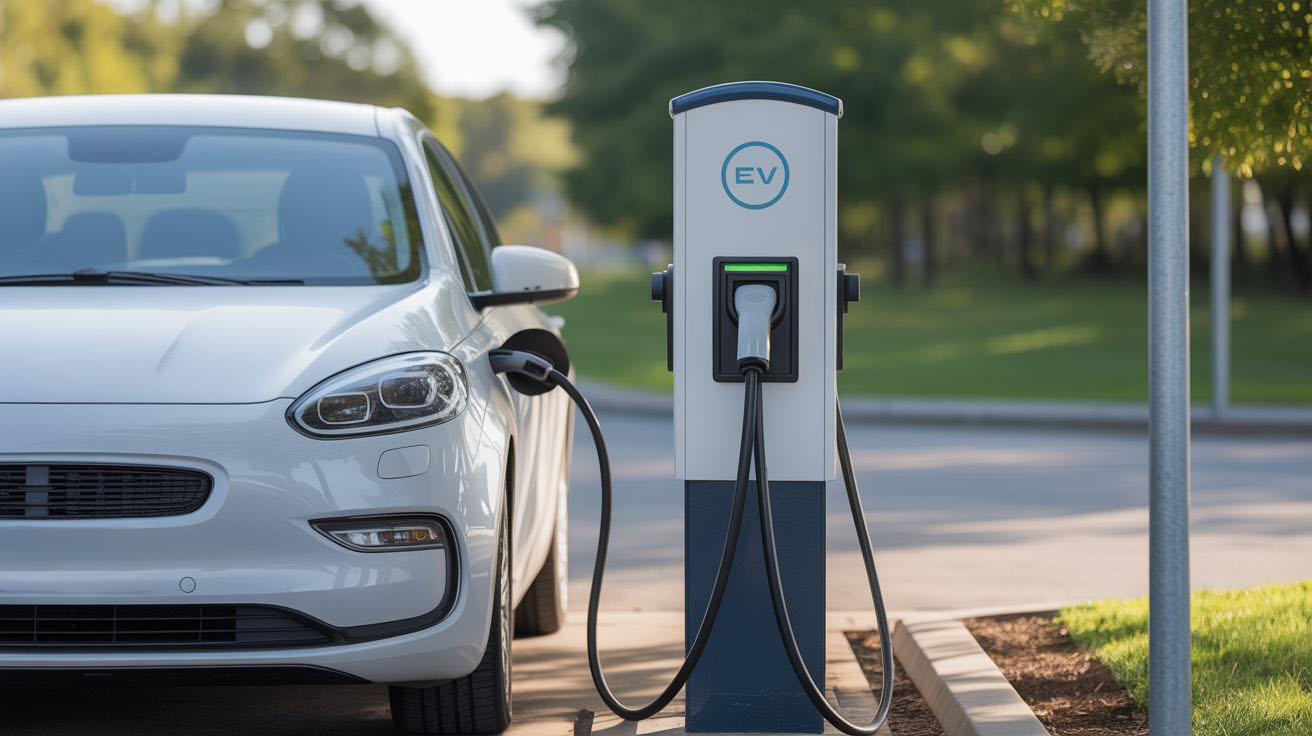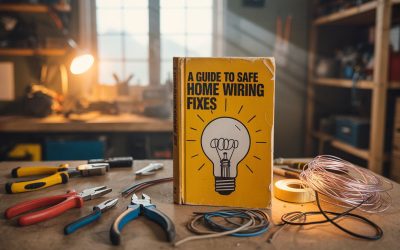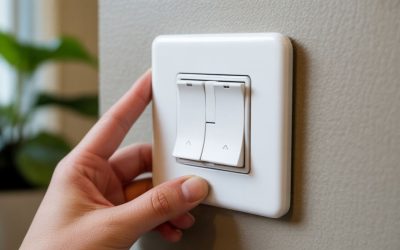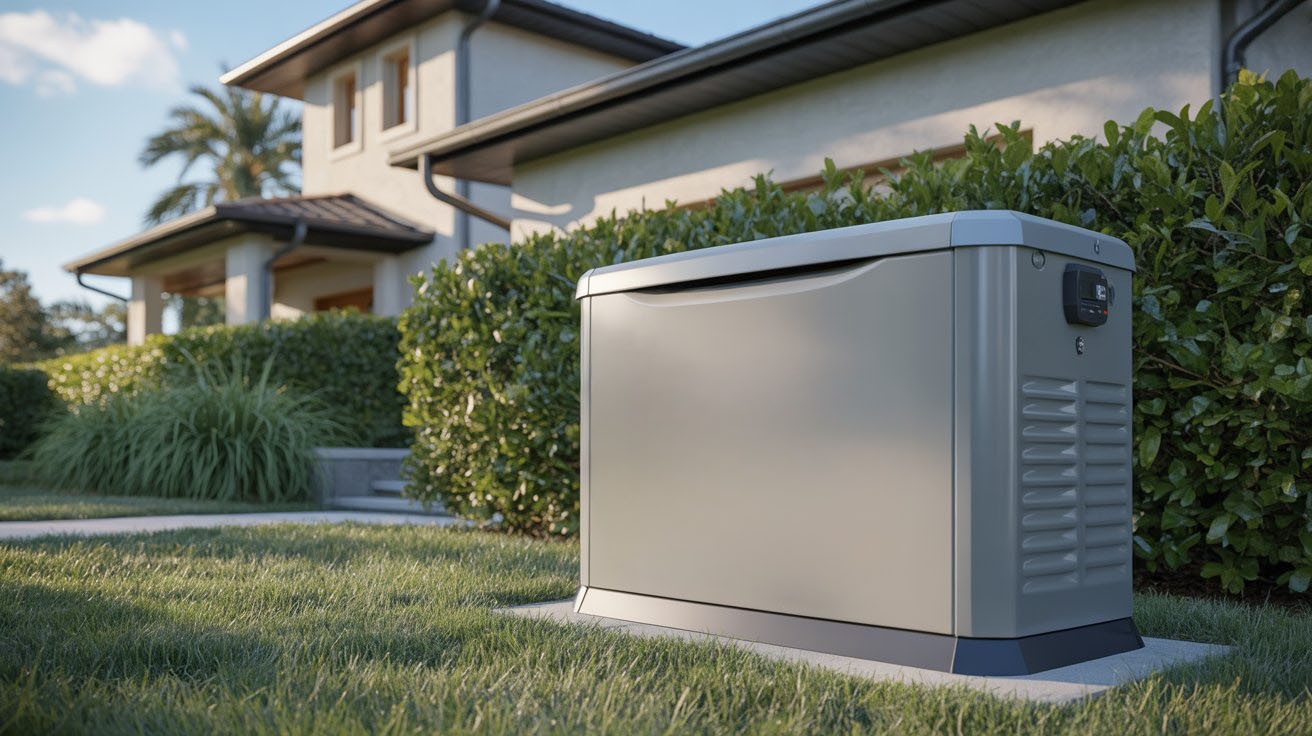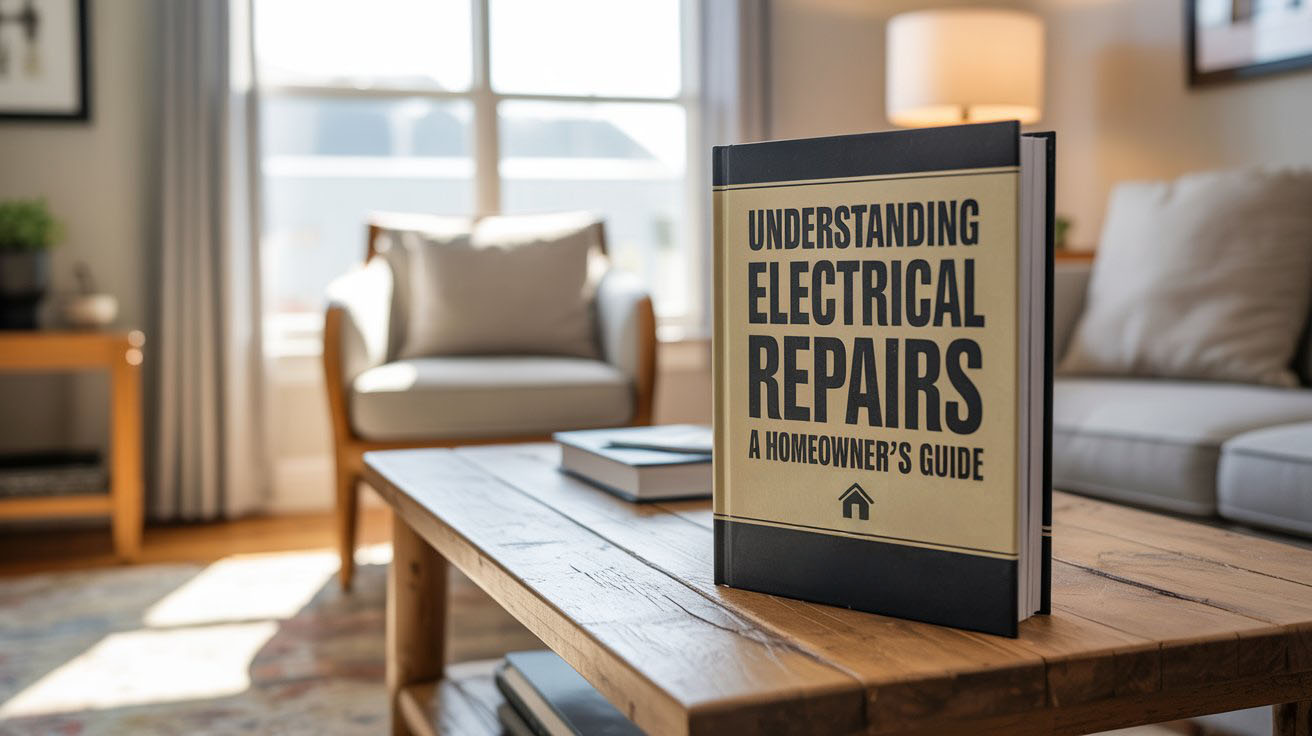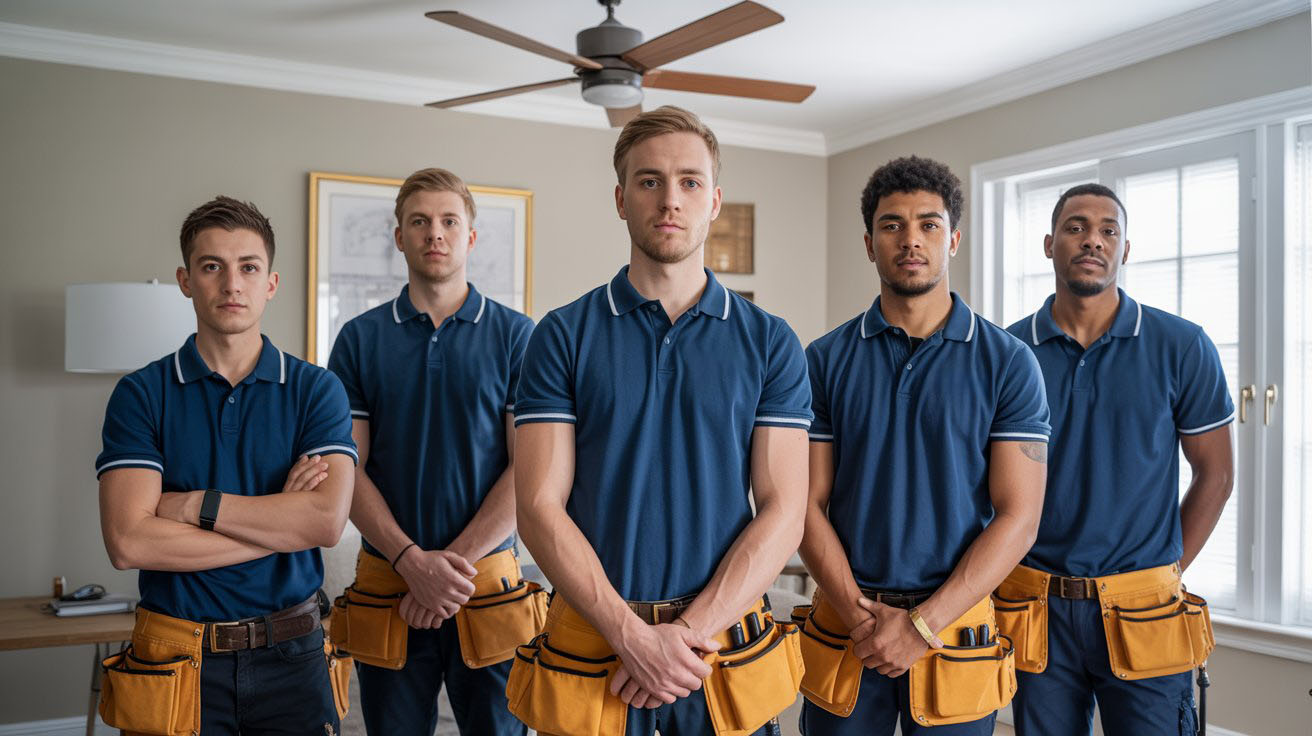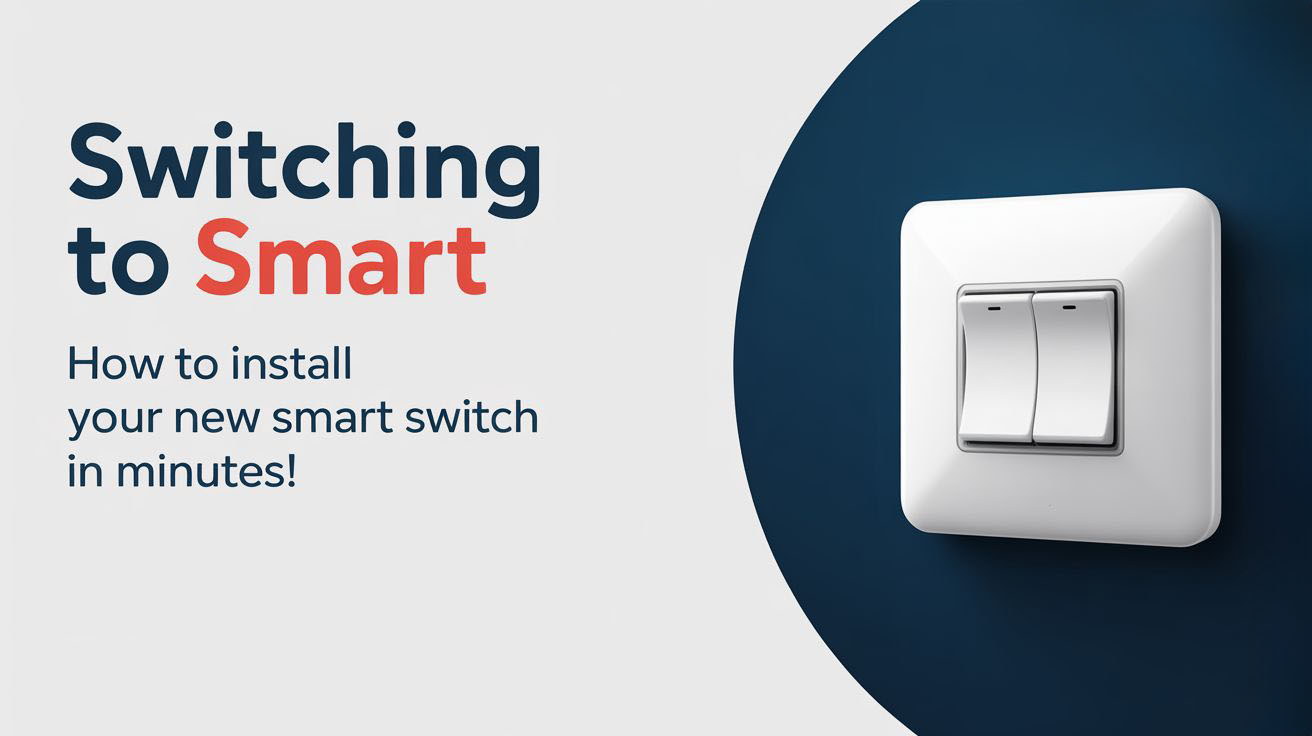As electric vehicles (EVs) become more popular, having a reliable way to charge them is essential. Finding the best EV charger installation options near you can be the key to making your transition to electric driving smoother and more convenient.
Table of Contents
- Why Install an EV Charger at Home?
- Types of EV Chargers
- Finding Local Electricians for Installation
- The Installation Process
- Cost of EV Charger Installation
- Key Takeaways
- Frequently Asked Questions
- Schedule Your Electrical Service Today
Why Install an EV Charger at Home?
Installing an EV charger at your residence offers numerous advantages. First and foremost, it provides the convenience of charging your electric vehicle overnight, so it is ready when you are. Home charging also allows you to save time compared to waiting at public charging stations.
Moreover, having a home charger can increase your property value, as more homebuyers are looking for properties that support EVs. It’s an investment that pays off not just in convenience but also in long-term savings.
Types of EV Chargers
EV chargers come in different types, primarily classified into three levels:
- Level 1: This is a standard home outlet (120V) and is the slowest charging option. It’s ideal for overnight charging.
- Level 2: This requires a 240V connection and charges significantly faster than Level 1. It’s suitable for most home installations and can charge your vehicle in a few hours.
- DC Fast Charging: This is mainly found at public charging stations and can charge a vehicle in under an hour. It’s not commonly used for home installations, but it’s good to be aware of.
Choosing the right type depends on your charging needs and your vehicle’s capabilities.
Finding Local Electricians for Installation
Finding a qualified electrician for your EV charger installation is vital. You want an expert with experience in electrical systems and EV charger installations. Here are some steps to make your search easier:
- Online Search: Use search engines or local directories to find electricians in your area. Look for customer reviews and ratings.
- Ask for Recommendations: Friends, family, or coworkers who have installed EV chargers can provide valuable insights.
- Check Certifications: Ensure the electrician is licensed and insured. This adds a layer of safety and accountability for the installation work.
- Get Multiple Quotes: Contact different electricians to get quotes. This helps you understand the average cost and choose a service that fits your budget.
The Installation Process
The process of installing an EV charger typically involves these steps:
- Site Assessment: The electrician will evaluate your home’s electrical system and the best location for the charger.
- Permit Approval: Most areas require permits for electrical installations. Your electrician will handle this part.
- Electrical Upgrade (if necessary): If your home’s electrical system needs upgrades to support the charger, this will be done first.
- Charger Installation: The charger will be mounted and connected to your electrical system.
- Testing: After installation, the electrician will ensure the charger operates correctly.
- Instruction: Finally, you’ll receive guidance on how to use the charger effectively.
Cost of EV Charger Installation
Understanding the costs involved in EV charger installation can aid your decision-making. Various factors influence the total price, including:
- Charger Type: Level 2 chargers are more expensive than Level 1, but they offer faster charging.
- Electrical Upgrades: If your home’s wiring needs an upgrade, it can increase the cost.
- Labor Costs: Electricians may charge differently based on their location and level of expertise.
- Permit Fees: Factor in any required permits for electrical work.
The cost can range from a few hundred dollars to a couple of thousand. Getting multiple quotes will provide clarity.
Key Takeaways
– Installing an EV charger at home offers time savings and convenience.
– There are different types of chargers suited for various needs.
– Finding a qualified electrician involves researching, checking reviews, and asking for recommendations.
– The installation process includes several crucial steps, ensuring safety and effectiveness.
– Costs can vary widely based on charger type and electrical needs.
Frequently Asked Questions
What is the best location for an EV charger at home?
The ideal location is one that is close to where you park your vehicle, with easy access to your home’s electrical system.
How long does it take to charge an EV at home?
Charging time varies by charger type. Level 1 chargers can take up to 24 hours, while Level 2 typically takes a few hours.
Can I install an EV charger myself?
It’s highly recommended to hire a certified electrician for safety and compliance with local regulations.
What if my home electrical system isn’t compatible with a Level 2 charger?
Your electrician can assess your system and suggest necessary upgrades or modifications.
Is there financial assistance available for EV charger installation?
Some local governments and utility companies offer rebates or incentives to their customers. Check with them for eligibility.
Schedule Your Electrical Service Today
Now is the time to take advantage of the convenience that comes with a home EV charger. Don’t wait to drive into the future of transportation. Contact a qualified electrician near you to begin your installation journey. You can contact us for all your electric vehicle charger needs. Your path to easy electric driving begins today!

